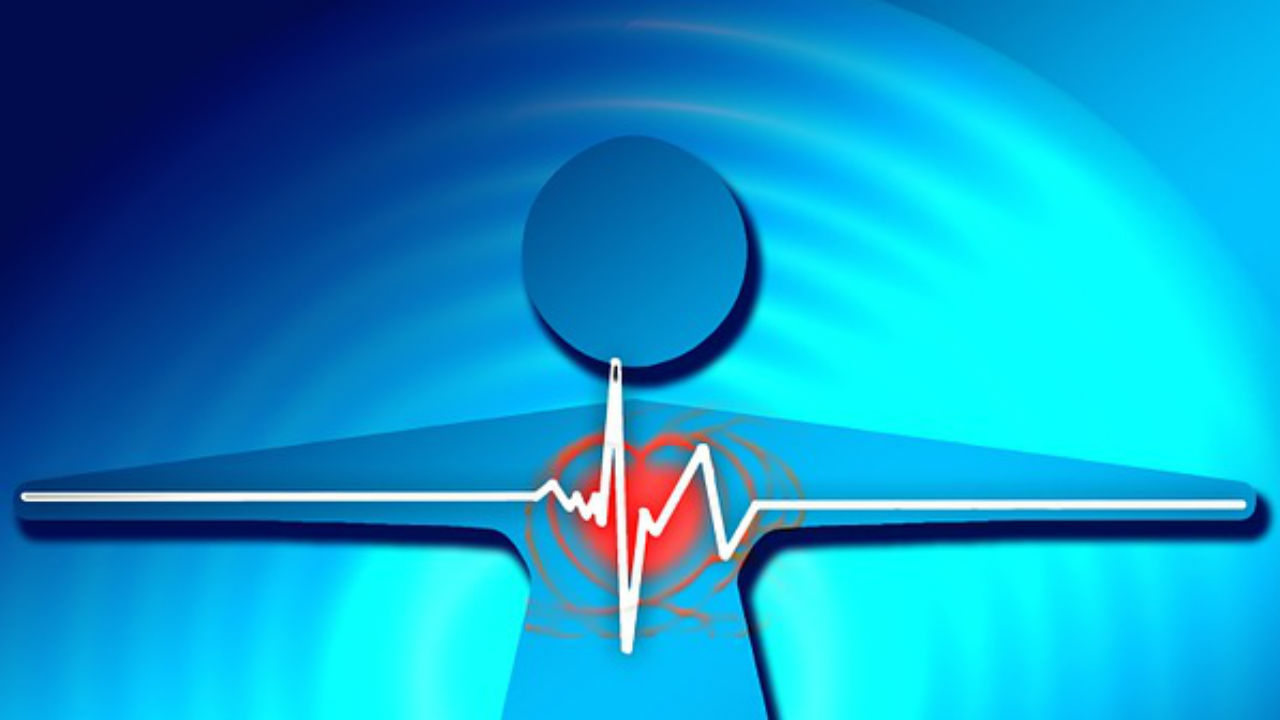When it comes to exercise intensity, I am often asked by clients what their heart rate should be while performing aerobic activity. Your target heart rate zone is determined by your age and resting heart rate. But, sometimes it is difficult to determine what your true resting heart rate should be.
Typically, your true resting heart rate should be taken first thing in the morning when you wake up on your own without the assistance of an alarm clock. But, that may not always be the case for those who take cardiac or blood pressure medications such as Beta Blockers. Another way to determine whether or not you’re working out hard enough or too hard while exercising is by using The Borg Scale for Rate of Perceived Exertion or RPE.
“Perceived exertion is how hard you feel your body is working. It is based on the physical sensations a person experiences during physical activity, including increased heart rate, increased respiration or breathing rate, increased sweating and muscle fatigue. Although this is a subjective measure, a person's exertion rating may provide a fairly good estimate of the actual heart rate during physical activity.” (Borg, 1998)
According to the CDC, “Practitioners generally agree that perceived exertion ratings between 12 to 14 on the Borg Scale suggests that physical activity is being performed at a moderate level of intensity.”
As a trainer, I find that RPE is an effective way to assess your perception of how hard you are working. It also helps clients not only pay more attention to their workouts, but communicate to me where they feel they are on the “scale” of exertion for a specific workout.
Below is an example of The Borg Scale Rate of Perceived Exertion:
6: No exertion at all
7: Extremely light
8
9: Very light - (easy; walking slowly at a comfortable pace)
10
11: Light
12
13: Somewhat hard (It is quite an effort; you feel tired but can continue)
14
15: Hard (heavy)
16
17: Very hard (very strenuous and you are very fatigued)
18
19: Extremely hard (You cannot continue for long at this pace)
20: Maximal exertion
Joanne Sgro is a television fitness expert, certified personal trainer and sport nutritionist. She is certified in pilates, prenatal/postpartum, yoga and senior fitness. She specializes in weight loss, Post-rehab and post cancer training. Joanne's fitness plans and recipes are available globally on her Web site: www.fitnessanswer.com. She resides in the Phoenix, AZ area with her fiancee, where she runs her personal training business, Fitness Answer, LLC.






Add a CommentComments
There are no comments yet. Be the first one and get the conversation started!